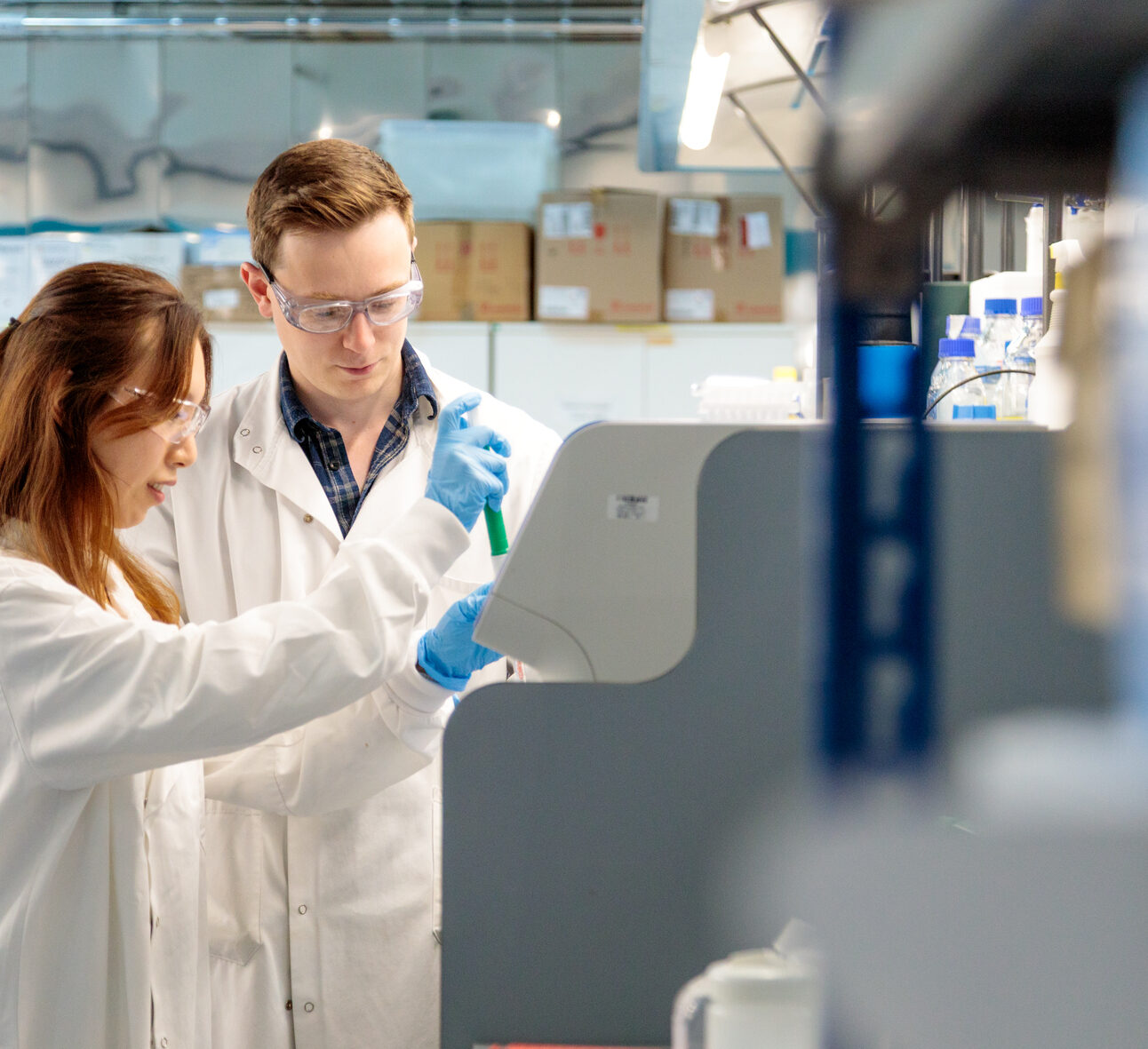
Shaping the future of East London’s health
We’re supporting Queen Mary University of London to develop the next generation of biomedical researchers, whose focus will be on improving the health of East Londoners.


We’re supporting Queen Mary University of London to develop the next generation of biomedical researchers, whose focus will be on improving the health of East Londoners.
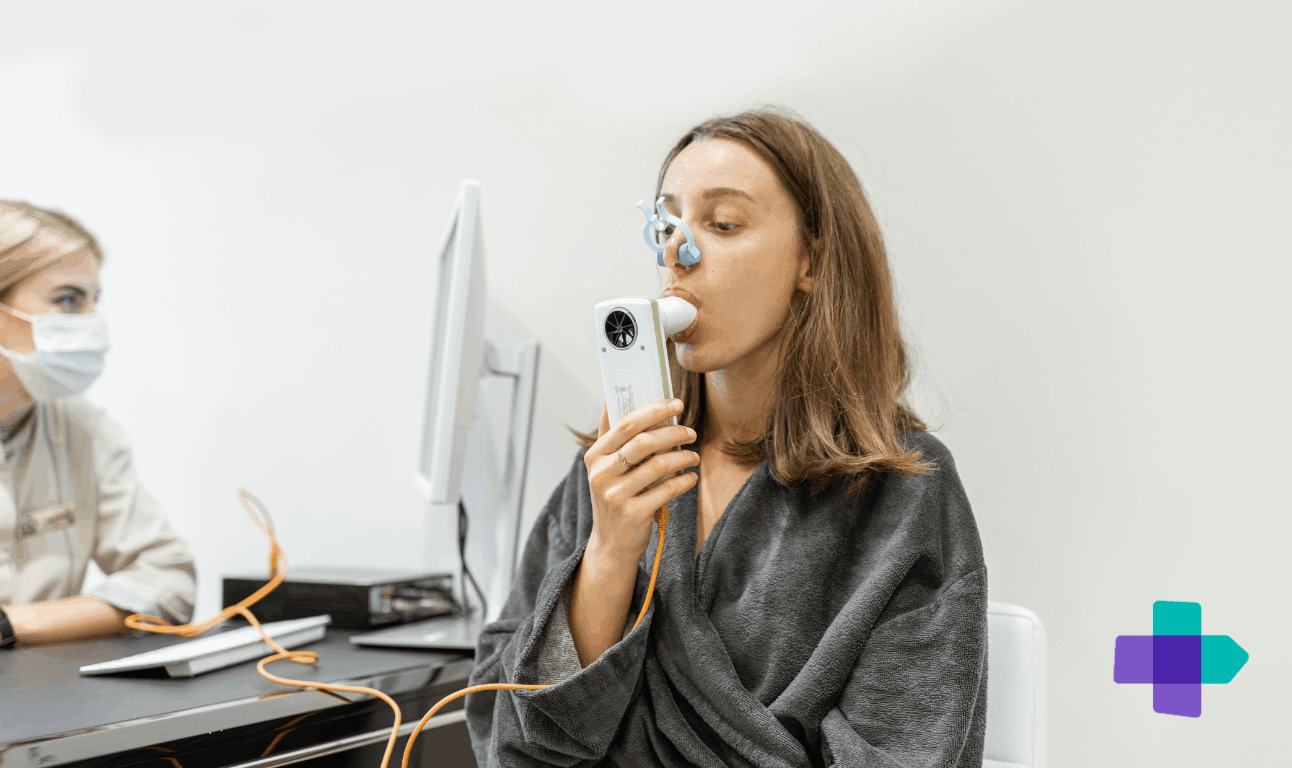
Research funded by Barts Charity has found your breath could give clues about blood cancer. This could enable the development of a special breath test that could spot blood cancer quickly and easily.
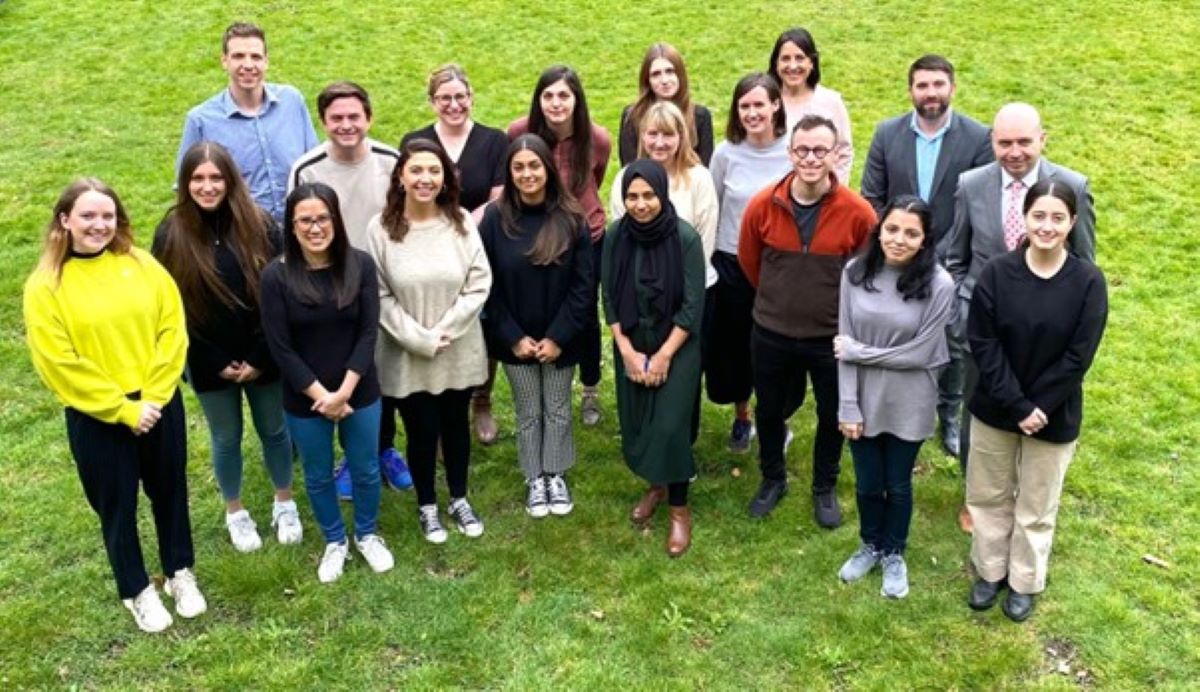
In 2017, our funding established the Preventive Neurology Unit at Queen Mary University of London. The unit brought together an ambitious team, including Ruth Dobson, Alastair Noyce and Charles Marshall, to pilot new, revolutionary research into dementia, Parkinson’s disease and multiple sclerosis (MS), tackling issues relevant to our local East London community.

Having depression is known to increase a person’s risk of developing dementia. But new research, supported by Barts Charity, shows that depression is also an early indicator of dementia – particularly in older people.

Ashwin Kalra is currently in his third and final year of a Barts Charity Healthcare Professional Clinical Research Training Fellowship. He is developing an online platform which will help patients make an informed decision about genetic testing, in the comfort of their own home.

A locally-led partnership programme makes it simpler for GP practices to call children for the right vaccinations at the right time.
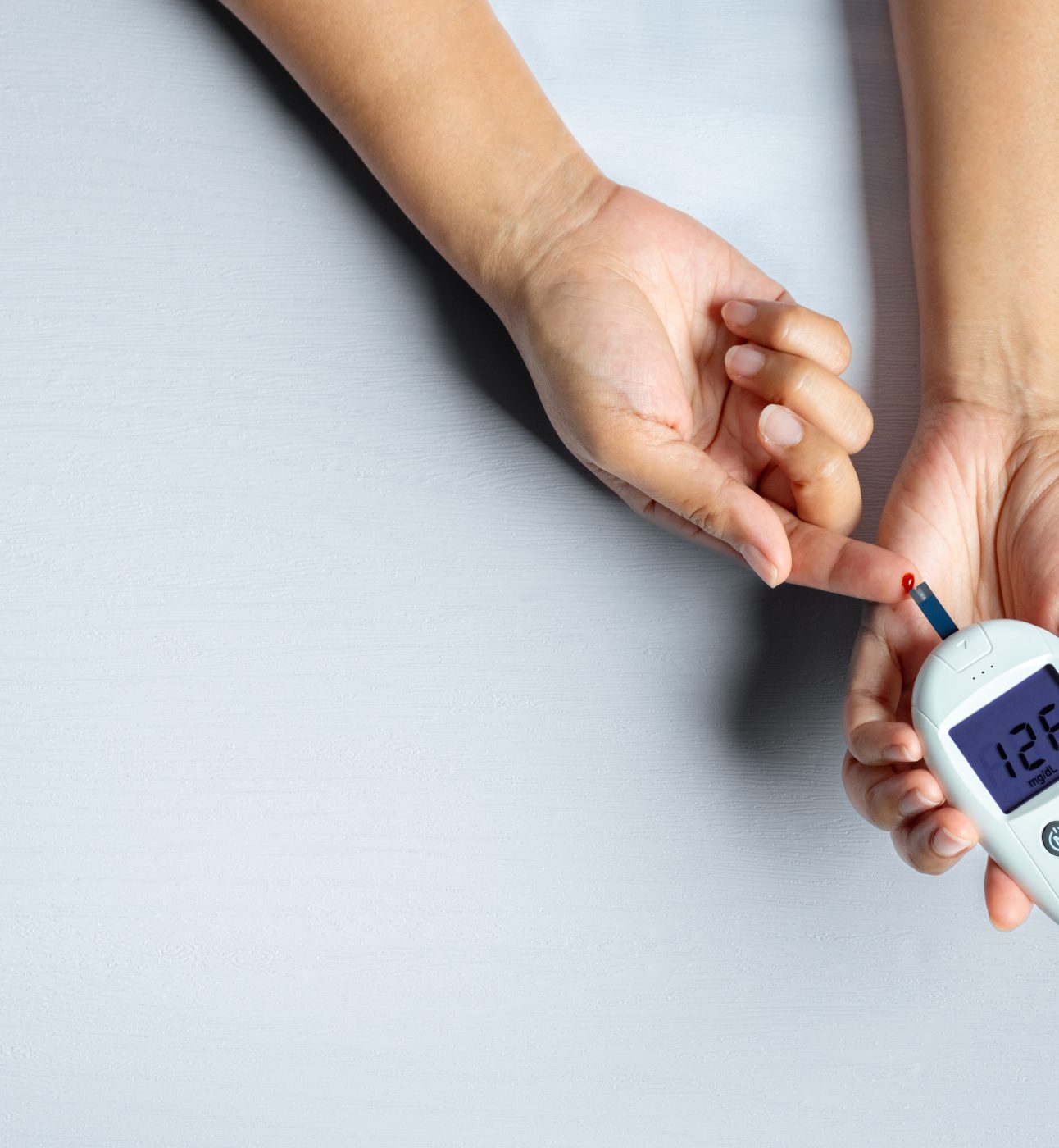
Researchers from Queen Mary have uncovered why some British South Asian people may develop early-onset type 2 diabetes earlier than people from European backgrounds. This, they reveal, could be down to a number of unique genetic factors.
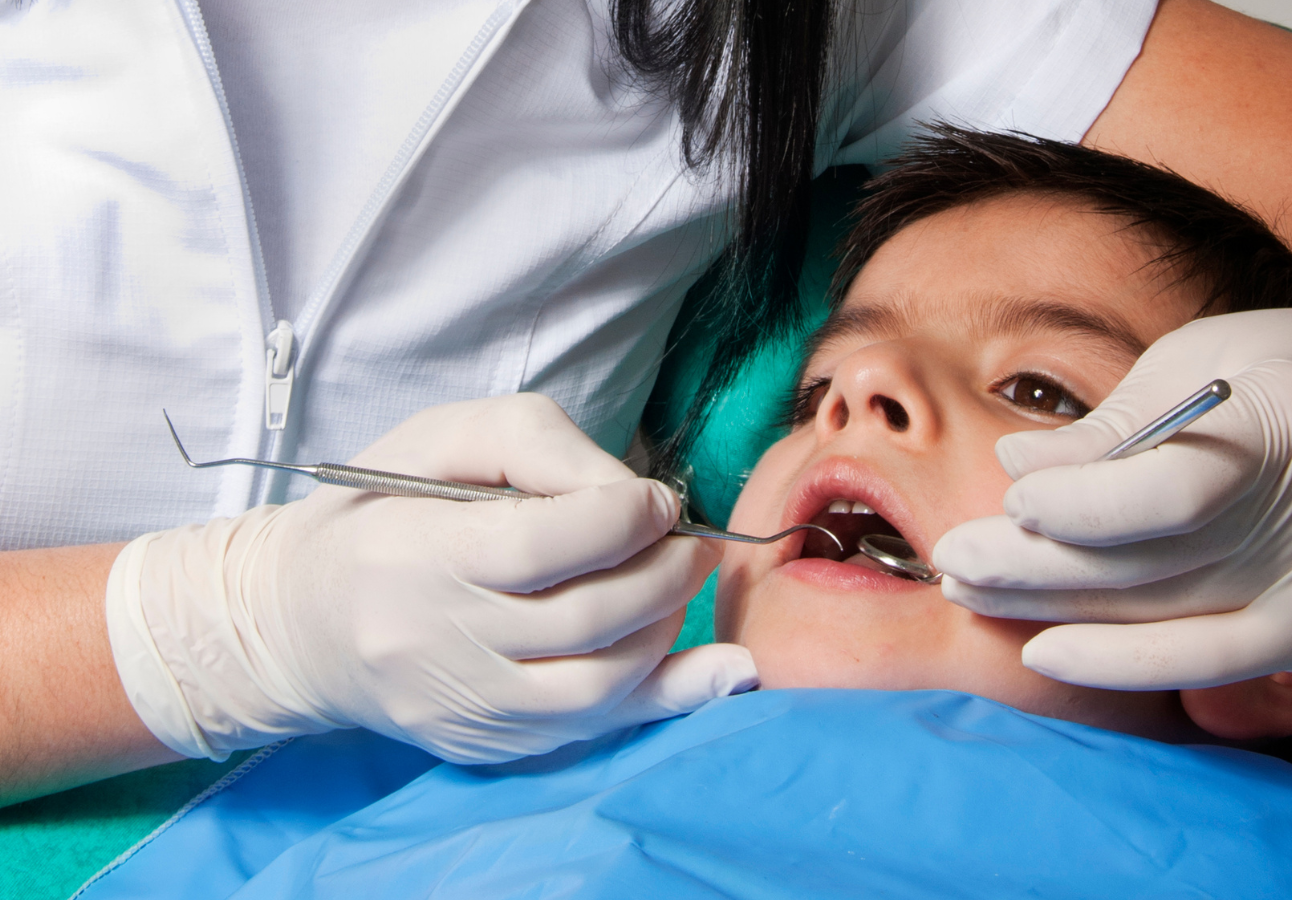
With our funding, researchers at Queen Mary University of London have found that children living in areas with high levels of deprivation in North East London, are three times more likely to have severe tooth decay that requires dental extraction in hospital.
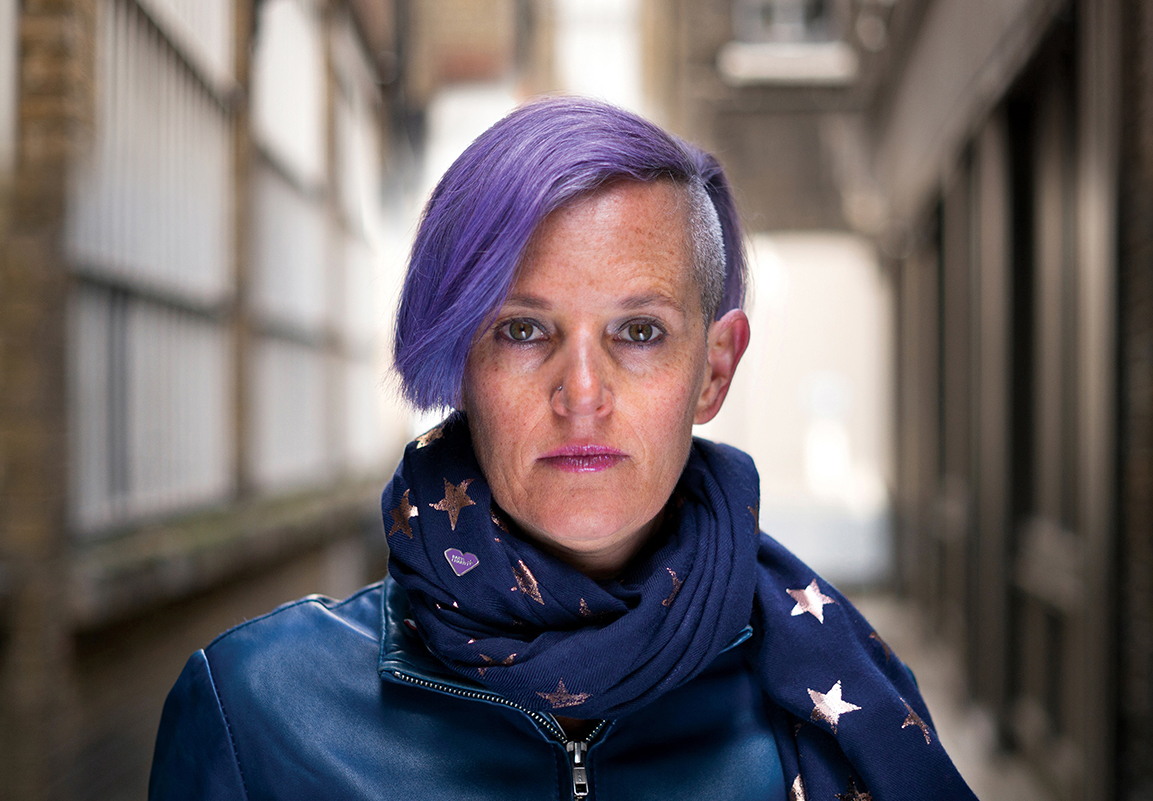
The MBE recognises Professor Chloe Orkin’s services to the NHS, including pioneering work to find new therapies for HIV for underrepresented groups, funded by Barts Charity.

Research part-funded by Barts Charity shows that blocking certain enzymes could significantly halt acute myeloid leukaemia (AML), a particularly aggressive type of blood cancer.